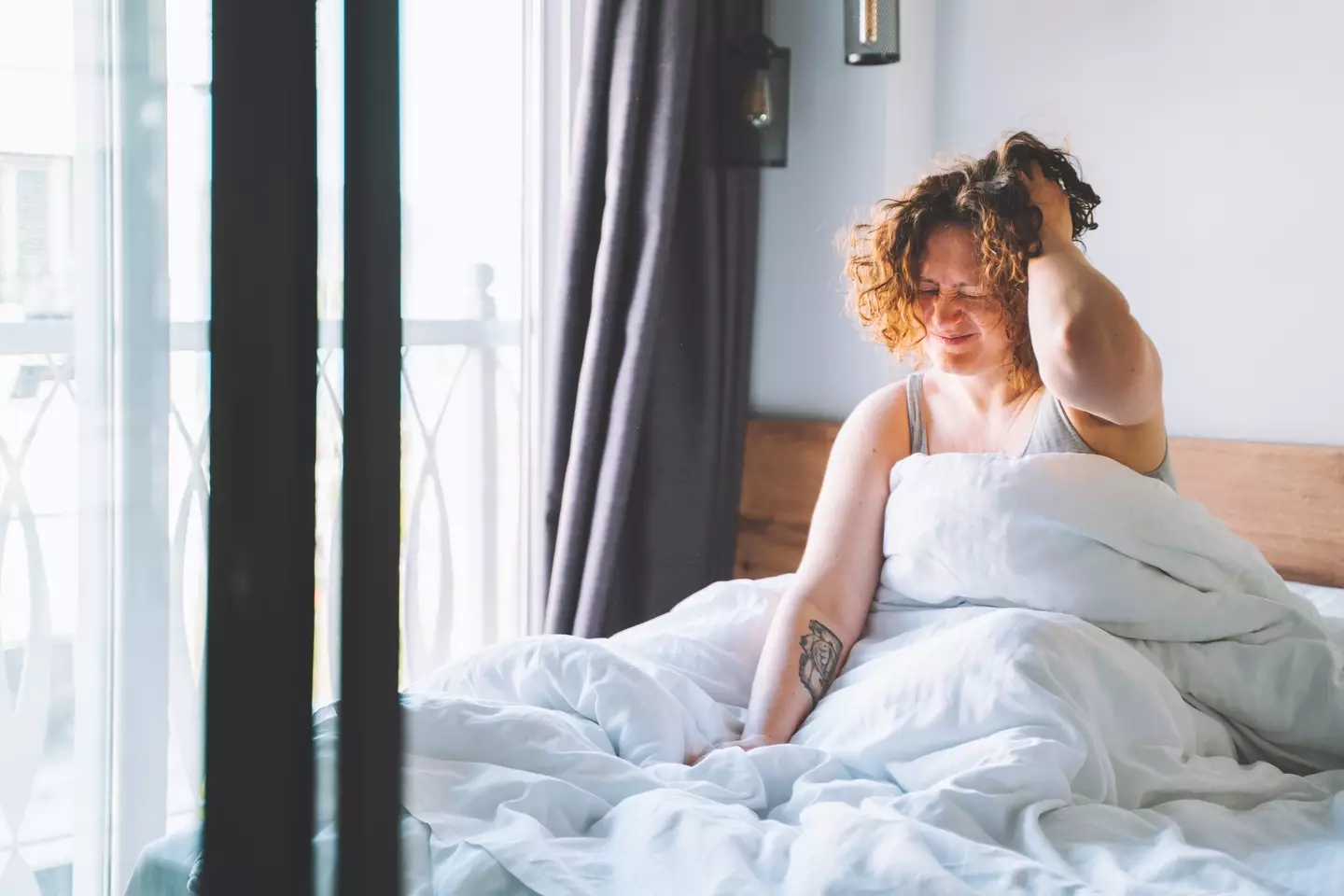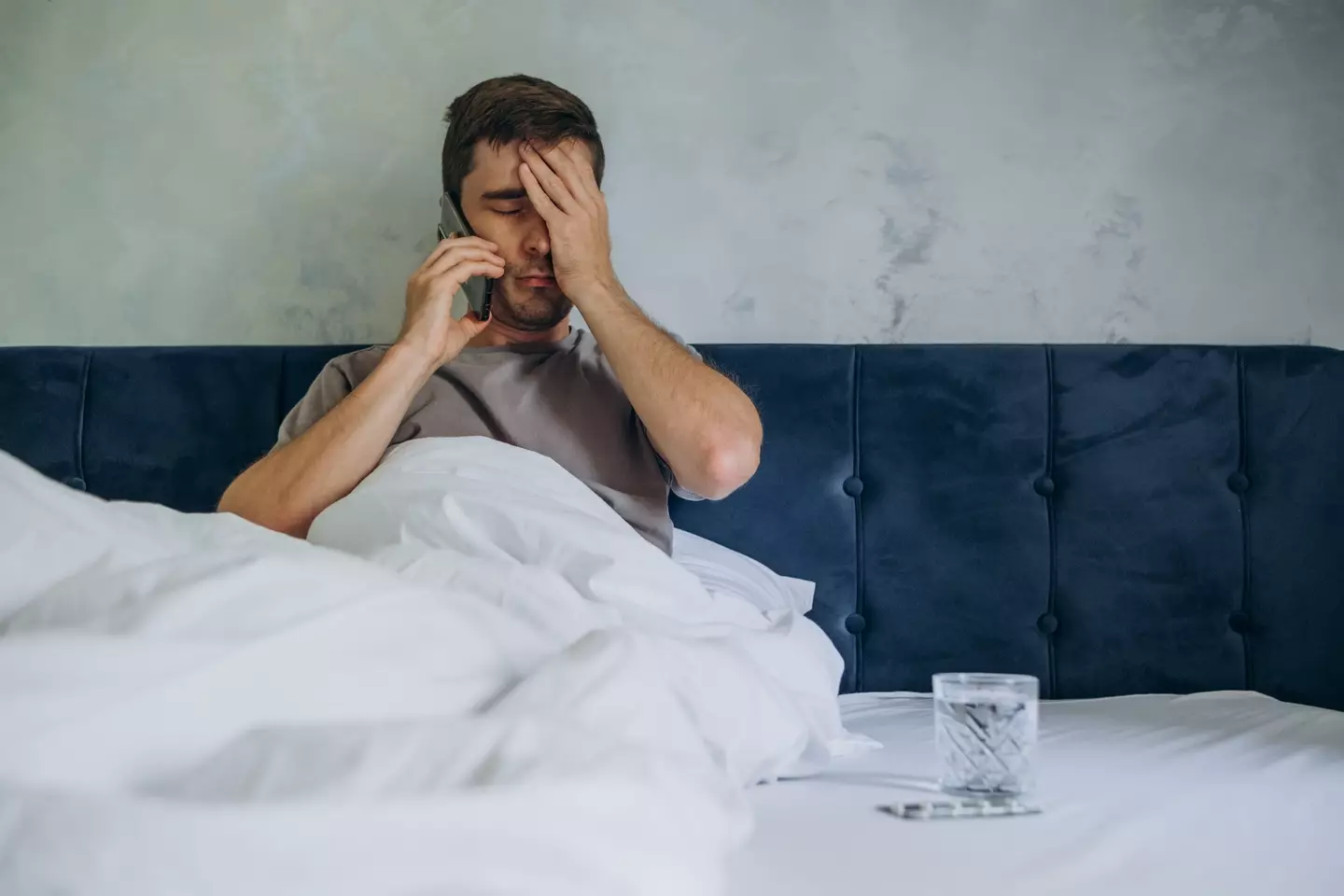
If you’ve ever experienced one, it’s easy enough to imagine: you wake up, dry mouthed, head throbbing, guts turning, and maybe the room is still spinning.
Desperate for a cure, you might wolf down something greasy, knock back a Berocca, down a few pints of water, try a tactical chunder, or reach for another drink to take advantage of the so-called ‘hair of the dog that bit you’.
In other words, drink some more booze, and you’ll counteract the hangover.

Advert
While this urban legend is a longstanding one that spans many different cultures, it's not a bankable remedy and it may make things worse.
The phrase ‘hair of the dog’ comes from another old wives’ tale about applying a rabid dog’s hair to a wound it’s inflicted. However, if you’ve been bitten by a rabid dog, you’re basically done. No amount of hair is going to stop it from being almost universally lethal.
Anyway, back to booze. While it’s not quite as awful for you as rabies, it’s still a poison that your body has to work hard to clear from your system.
Experts have weighed in to debunk the method and explain why it’s no good for your body.
"For people who drink occasionally, the use of alcohol to treat hangovers may mask some of the unpleasant symptoms, but it's only going to make the overall recovery from your night of drinking last longer," said Dr Sarah Shafer, a medical toxicology specialist and assistant professor of emergency medicine at Baylor College of Medicine, in a conversation with Business Insider.
"Your body feels bad after drinking alcohol because alcohol is a poison," she continued.
"Our bodies have evolved ways to metabolise alcohol so it's less harmful to our system, but it's not good for us, and a hangover is the result of that."
Dr Natasha Bhuyan, national medical director at One Medical, weighed in to add: "It will just mask or delay symptoms - and when those symptoms return, they could be even more severe."
Unfortunately, the only known cure for a hangover is time. You need to take things slowly, ensure you rehydrate with water and electrolytes, and steer clear of adding more alcohol to your system.

However, if it was a particularly heavy drinking session, your hangover may have been upgraded to alcohol withdrawal.
Dr Shafer noted that those who feel better after drinking more alcohol had best consider their relationship with it, as drinking more to curb a hangover can be a sign of a problematic attitude to the stuff.
"If someone feels significantly better after drinking some alcohol, then some of the symptoms they are experiencing may actually be alcohol withdrawal symptoms," she said.
